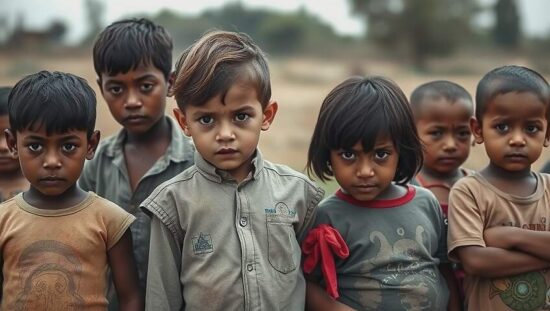North Rhine-Westphalia Moves Forward on Gaza Child Medical Evacuations
While the German federal government remains hesitant, the state of North Rhine-Westphalia (NRW) is proactively preparing to accept injured and traumatized children from Gaza for medical treatment.. This move highlights a growing divergence in approaches to the escalating humanitarian crisis stemming from the ongoing conflict.
According to Nathanael Liminski, Head of the State Chancellery and NRW’s Minister for European Affairs, the state government has already undertaken extensive planning and coordination with partner hospitals to facilitate the transfer of severely wounded children and adolescents to NRW’s specialized medical facilities. This preparedness contrasts with the federal government’s more cautious stance, suggesting a perceived urgency and a willingness to act independently.
However, Liminski emphasized that the implementation remains contingent on regional authorities creating the necessary conditions and ensuring a viable repatriation pathway for the children upon completion of their treatment. This crucial element, he stressed, requires the federal government to establish clear legal and organizational frameworks – a pointed reminder of the ongoing responsibility shouldered by Berlin. The dependence on federal guidance introduces a potential bottleneck, raising questions about the speed and scale of potential evacuations.
The initiative isn’t exclusive to NRW. Both Hamburg and Bremen have previously signaled their willingness to offer medical support to children affected by the conflict. Furthermore, Lower Saxony’s Minister-President Olaf Lies championed the cause of accepting children, including those from both Gaza and Israel, as early as August, demonstrating a broader regional inclination towards humanitarian action.
This proactive regional engagement underscores a potential challenge for the federal government. While acknowledging the humanitarian need, the cautious approach risks creating a dissonance between the desire to assist and the ability to act decisively. Critics may argue that the federal government’s protracted deliberations are hindering vital assistance and fostering a perception of bureaucratic inertia in the face of a clear and escalating humanitarian emergency. The diverging paths taken by NRW and other states raise questions about the degree of coordination and the potential for a more concerted national effort to address the suffering of children caught within the conflict zone.





